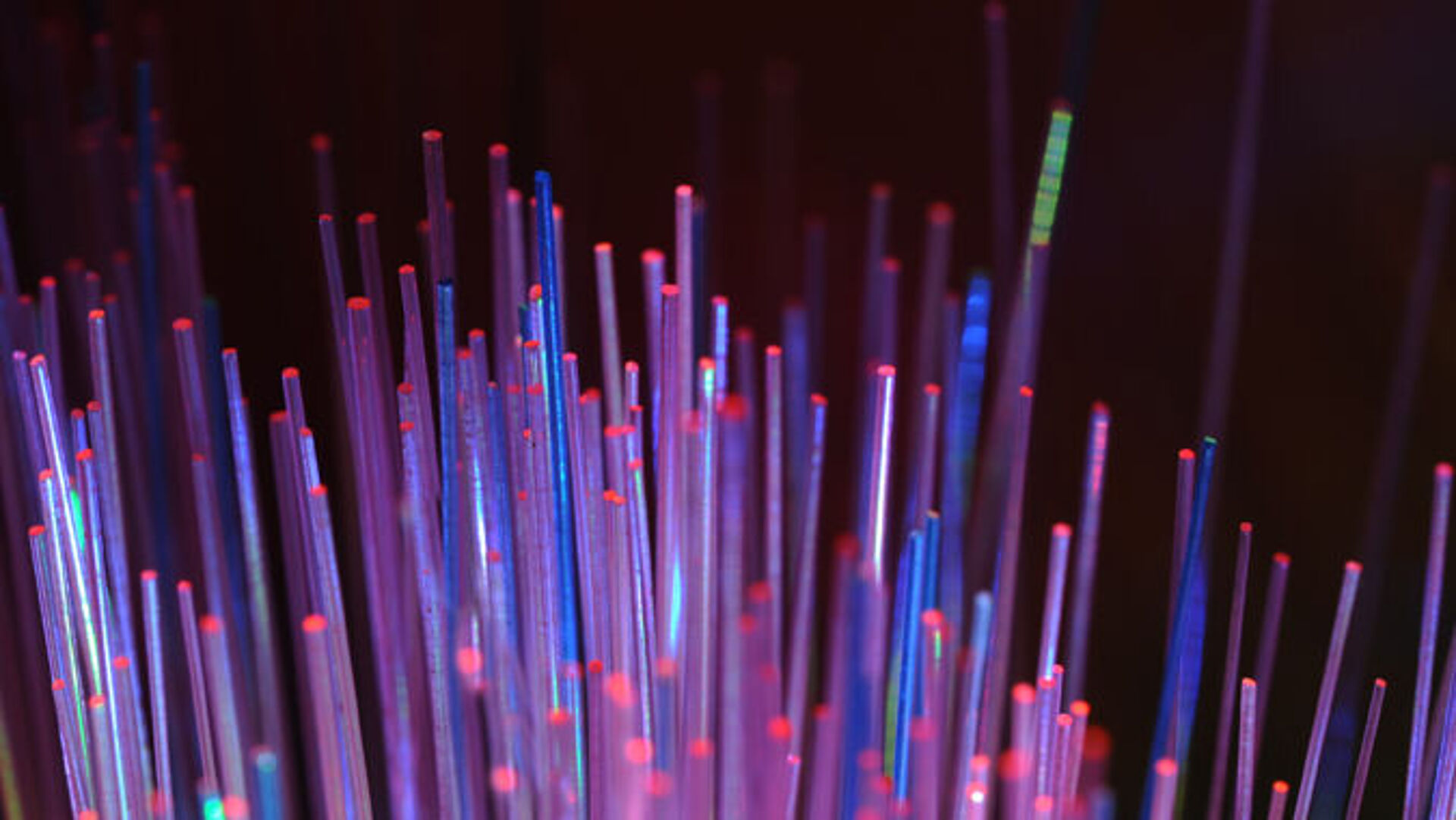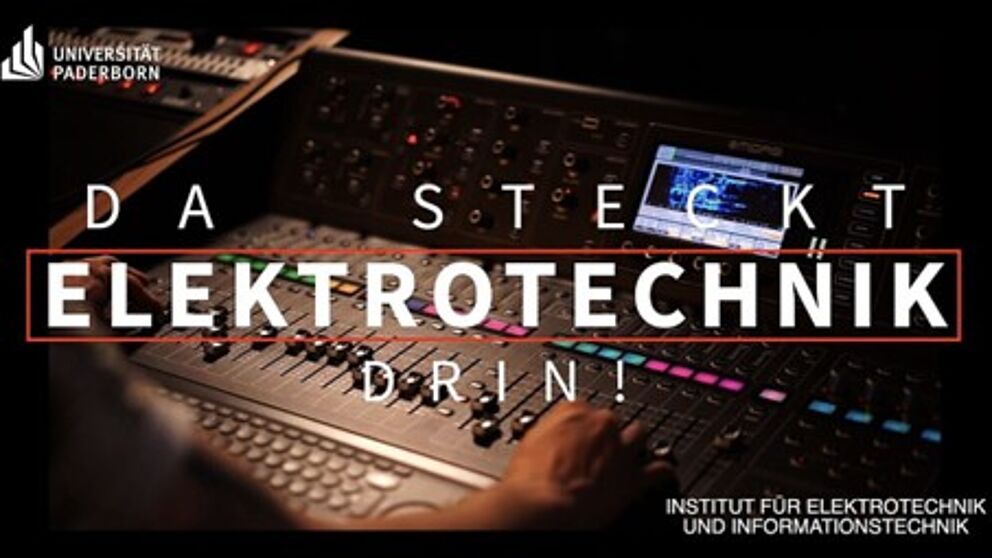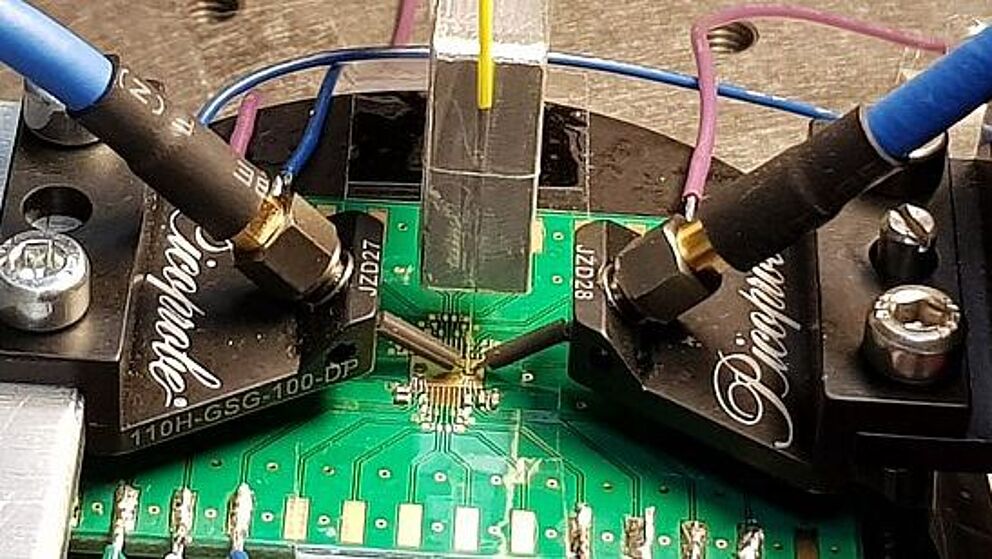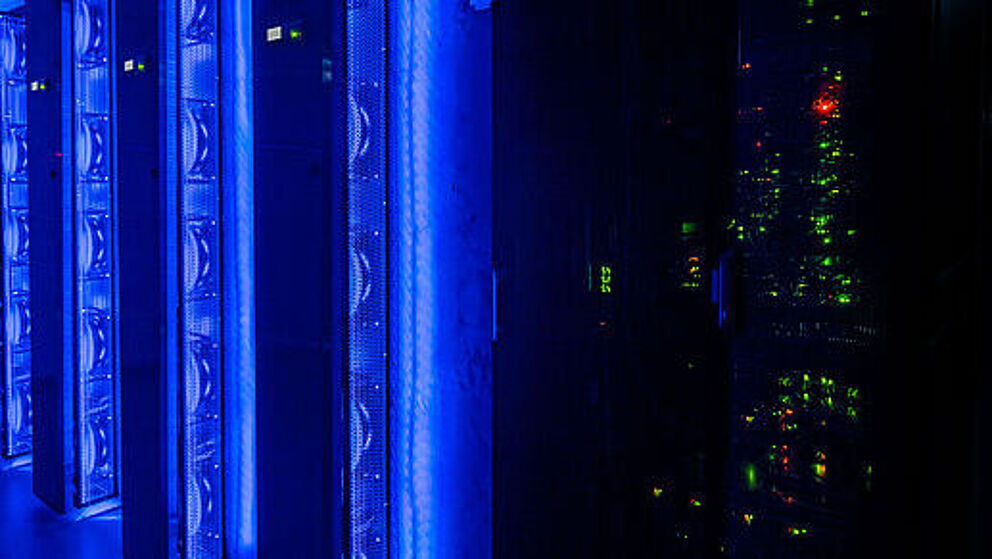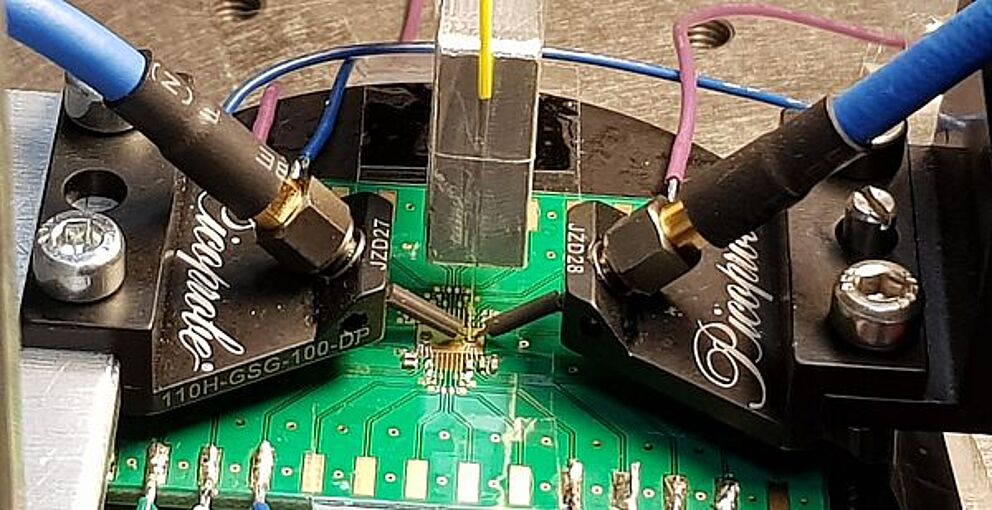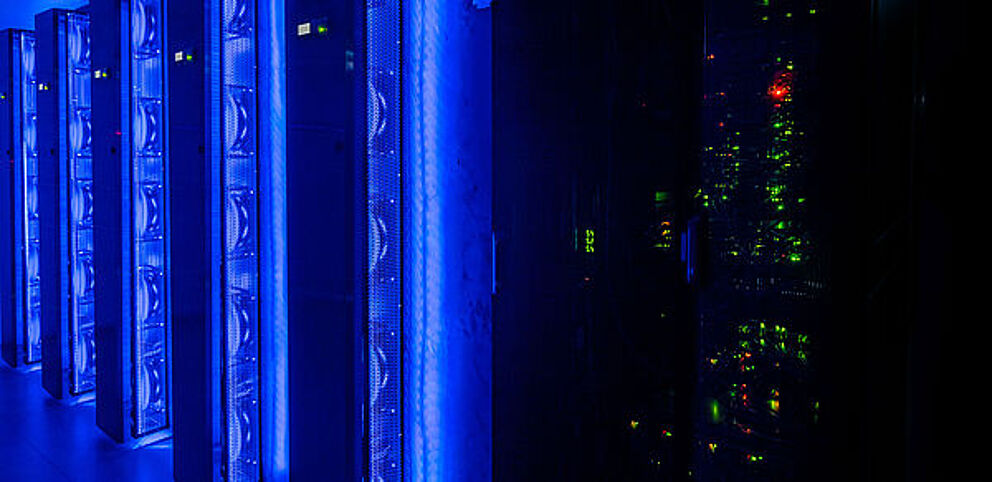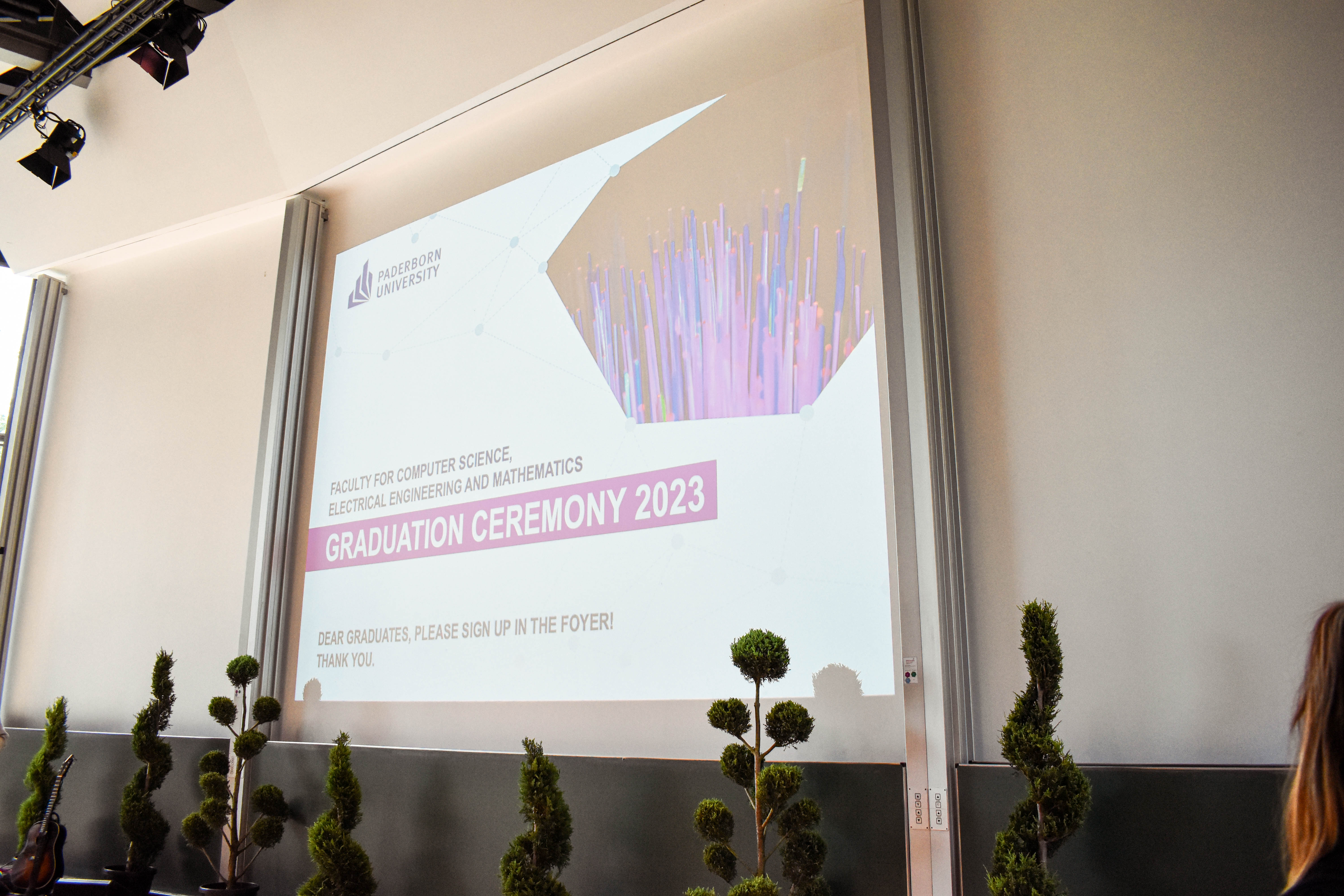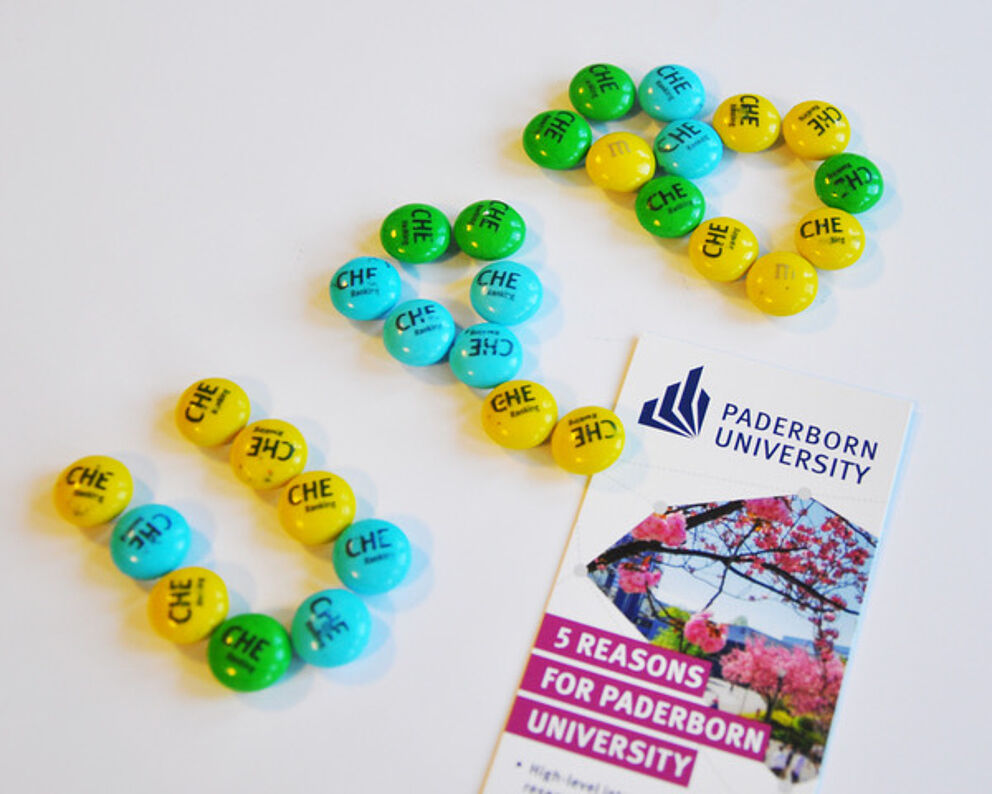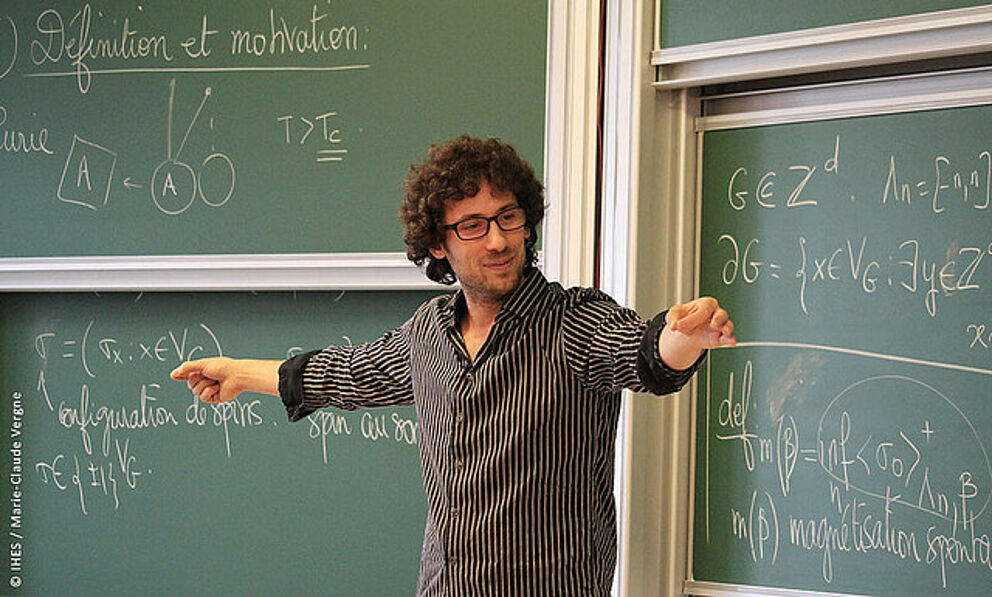Kick-Off des Projekts FLEMING
Mit einer Kick-Off Veranstaltung am ABB Forschungszentrum Deutschland in Ladenburg ist das Forschungsprojekt „FLEMING – Flexible Monitoring- und Regelsysteme für die Energie- und Mobilitätswende im Verteilnetz durch Einsatz von Künstlicher Intelligenz“ gestartet. In einem ersten Schritt verschafften sich die Forschungs- und Wirtschaftspartner unter der Projektleitung von ABB einen umfassenden Überblick über die anstehenden Arbeiten und Ziele des Projekts. Neben dem ABB Forschungszentrum Deutschland beteiligen sich das Forschungsinstitut für Rationalisierung e.V. (FIR), die Heimann Sensor GmbH, das Karlsruher Institut für Technologie (KIT), der SICP – Software Innovation Campus Paderborn an der Universität Paderborn sowie die SÜC Energie und H2O GmbH aus Coburg am Projekt. Für FLEMING ist eine Laufzeit von drei Jahren vorgesehen. Die Gesamtkosten belaufen sich auf 5,1 Millionen Euro, das Fördervolumen liegt bei ca. 3,3 Millionen Euro.
Gleichbleibende Versorgungsqualität
„Das deutsche Verteilnetz ist derzeit mit verschiedenen Herausforderungen konfrontiert. Auf der Erzeugungsseite steigt der Anteil von dezentral in das Verteilnetz eingespeister Energie aus erneuerbaren Quellen mit volatiler Erzeugungscharakteristik, z.B. Solaranlagen und Windkraftanlagen. Auf der Verbrauchsseite führt die zunehmende Integration von Ladesäulen für die
Elektromobilität zu einer zeitlich und räumlich konzentrierten Energienachfrage.
Die daraus resultierenden möglichen Lastschwankungen führen zu einer stärkeren Belastung der elektrischen Betriebsmittel und Komponenten,“ erläutert Projektleiter Dr. Oliver Becker, Senior R&D Project Manager am ABB Forschungszentrum Deutschland. Um die Ziele der Energie- und Mobilitätswende bei gleichbleibender
Versorgungsqualität zu erreichen, benötigen die Netzbetreiber ein verbessertes Verständnis des aktuellen Netzzustandes und seiner Komponenten. Genau hier setzt das Forschungsprojekt an. Anlagenausfälle oder potentielle Schäden können somit frühzeitig erkannt bzw. vorhergesagt oder durch verbesserte Regelung vermieden werden. Dazu werden im Rahmen eines intelligenten
Lastmanagements zuverlässige und leicht nachrüstbare Sensoren zur Regelung benötigt, wodurch eine flexiblere Netznutzung ermöglicht werden soll.
Bei erneuerbaren Energien auf Künstliche Intelligenz setzen
Das beschriebene Szenario verlangt nach einem durchgängigen Einsatz von Sensorik, Informations- und Kommunikationssystemen zur Erfassung der nötigen Daten der einzelnen Netzbetriebsmittel und -komponenten. Daher untersuchen die Projektpartner im Projekt FLEMING, wie der heutige Sensoreinsatz in Verteilnetzen durch Verwendung von Methoden der
Künstlichen Intelligenz zusammen mit einer Erweiterung der Sensortechnik grundlegend verbessert werden kann. Ziel ist es, so wesentlich zum Erfolg der Energie- und Mobilitätswende in Deutschland beizutragen.
